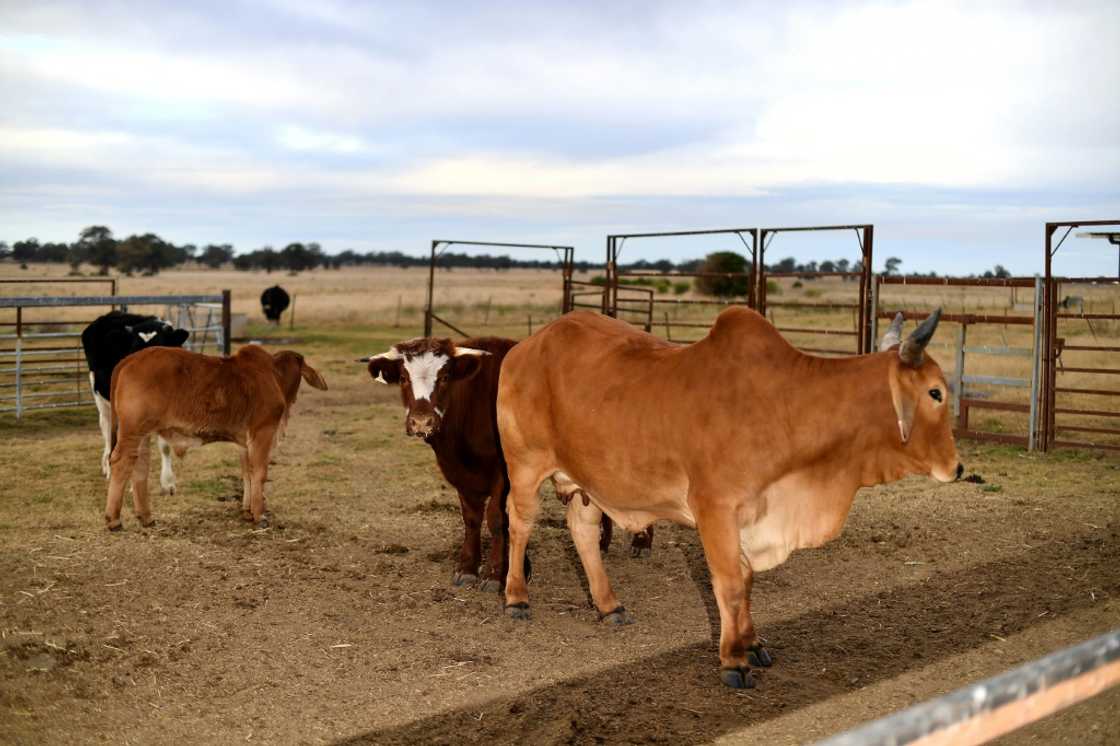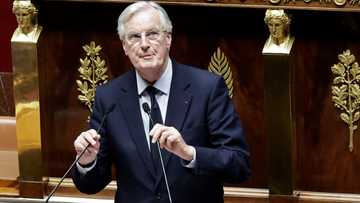China lifts final bans on Australian red meat as trade row nears end

Source: AFP
China has fully lifted suspensions on Australian red meat, Canberra said Tuesday, dismantling one of the final barriers in a four-year trade war that hammered US$13 billion of exports.
A slew of Australia's most lucrative export commodities were effectively banned from China starting in 2020, as relations between the two nations started to fray.
But China has been gradually unwinding these barriers as Australia steps up efforts to mend ties on the diplomatic front.
Red meat and lobster were the last two commodities subject to some form of barrier or export ban.
Australian Prime Minister Anthony Albanese said Tuesday that China had paved the way for "full resumption of red meat exports".
Meanwhile, full lobster trade is expected to resume by the end of the year.

Source: AFP
"We are close to the point where China's trade impediments -- which impacted Aus$20 billion (US$13 billion) worth of Australian exports -- have all been removed," trade minister Don Farrell said Tuesday.
Over the past two years, Beijing has dropped tariffs on Australian barley and wine, halted an import ban on timber and resumed shipments of coal.
China lifted suspensions on eight Australian slaughterhouses in May this year but kept barriers in place for two facilities.
'Great outcome'
Those final two beef-processing plants were now able to resume exports to China.
China is Australia's second-most lucrative beef export market, behind the United States.
Australian Meat Industry Council spokesman Tim Ryan said it was a "great outcome".
"After four years of hard work on behalf of red meat exporters, this is a fantastic and very welcome result," he said.
Lobster exports are the last major Australian commodity awaiting the full resumption of trade with China.
Beijing had agreed to a "timetable to resume full lobster trade by the end of this year", Albanese said in October.
The sanctions are expected to be lifted in time for Lunar New Year next year when delicacies such as rock lobster are in hot demand.
Australia's relationship with China began unravelling in 2018 when Canberra excluded telecommunications giant Huawei from its 5G network on security grounds and later passed laws on foreign interference.
Then in 2020, Australia called for an international investigation into the origins of Covid-19 -- an action China saw as politically motivated.
Australia has spent much of the past two years trying to insulate the vital trade relationship with China -- its biggest trade partner -- from geopolitical headwinds.
Australia is part of a loose US-led alliance that has aggressively pushed back against China's bid for primacy in the Pacific region.
Tuesday's announcement comes as Beijing eyes deepening trade rifts with Europe and the United States.
Brussels and Washington have slapped punitive tariffs on China's electric vehicle exports, semiconductors, solar panels and a range of other goods.
Source: AFP




